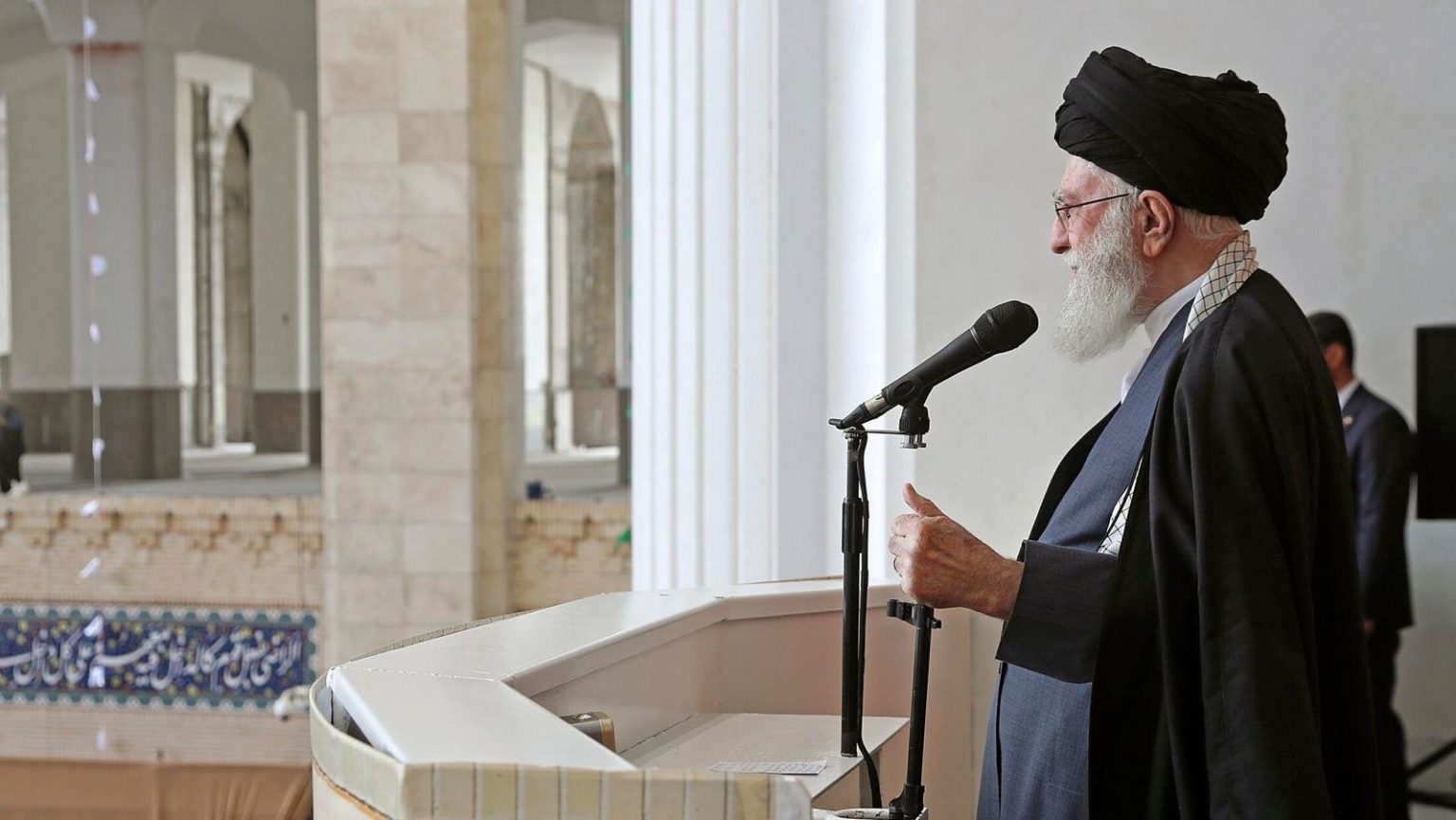The world is on edge awaiting Iran’s response to an airstrike on its embassy in Syria, which Iran has attributed to Israel. Speculation is rife that a retaliatory attack from Iran is imminent, potentially leading to an escalation in tensions in the Middle East amid the ongoing conflict between Israel and Hamas. Reports have indicated that the U.S. is closely monitoring the situation, with President Joe Biden cutting short his weekend trip to consult his advisers on the growing tensions between Iran and Israel. The prospect of an Iranian attack, possibly involving missiles and drone strikes, has raised concerns about the potential consequences.
While the details of a potential attack are yet to be confirmed, various outlets have reported that Iran may be preparing for an offensive against military or government targets in Israel, potentially with the involvement of proxy groups. Observers have noted movements of military assets within Iran, although it remains unclear whether these are in preparation for an attack or as a response to perceived threats from Israel or the U.S. The U.S. has acknowledged the credibility of the threat and is closely monitoring the situation, leading to travel warnings being issued for Israel and heightened tensions globally. The recent seizure of a cargo ship linked to an Israeli billionaire by Iranian forces in the Strait of Hormuz has further added to the tensions.
President Biden has made it clear that the U.S. stands ready to defend Israel in the event of an attack, emphasizing support and assistance to help deter Iran’s intentions. Reports suggest that the U.S. has positioned warships in readiness to defend Israel, potentially indicating a willingness to become involved in a military response if necessary. Iran, in turn, has responded to the embassy strike with aggressive rhetoric directed towards Israel and the U.S., blaming Washington for supporting Israeli actions. As the situation escalates, concerns over the wider implications of a potential Iranian attack on Israel have heightened, with fears of exacerbating the existing crisis in the Middle East.
While some reports indicate that Iran may be seeking to avoid a broader conflict, there are conflicting signals about the country’s intentions. Iranian sources have reportedly indicated to Washington a desire to prevent escalation, while others have suggested a limited and measured response to avoid further tensions. The U.S. has denied any involvement in the airstrike on the Iranian embassy, further complicating the situation. The repercussions of an Iranian attack on Israel could have far-reaching consequences, potentially intensifying the ongoing conflict between Israel and Hamas in Gaza. Israel has vowed to retaliate against any aggression from Iran, raising the stakes in an already volatile region.
The airstrike on the Iranian embassy in Syria, which resulted in casualties including senior military personnel, has inflamed tensions between Iran and Israel. While Israel has not officially claimed responsibility for the attack, suspicions point towards its involvement, given historical animosities and proxy conflicts in the region. Iran’s support for groups opposed to Israel, such as Hamas and Hezbollah, has further fueled the hostility between the two nations. Against this backdrop, the possibility of a direct Iranian attack on Israel has sparked concerns about a potential escalation and its impact on the broader Middle East dynamics. As the situation unfolds, the world watches closely for any developments that could shape the course of events in the region.


